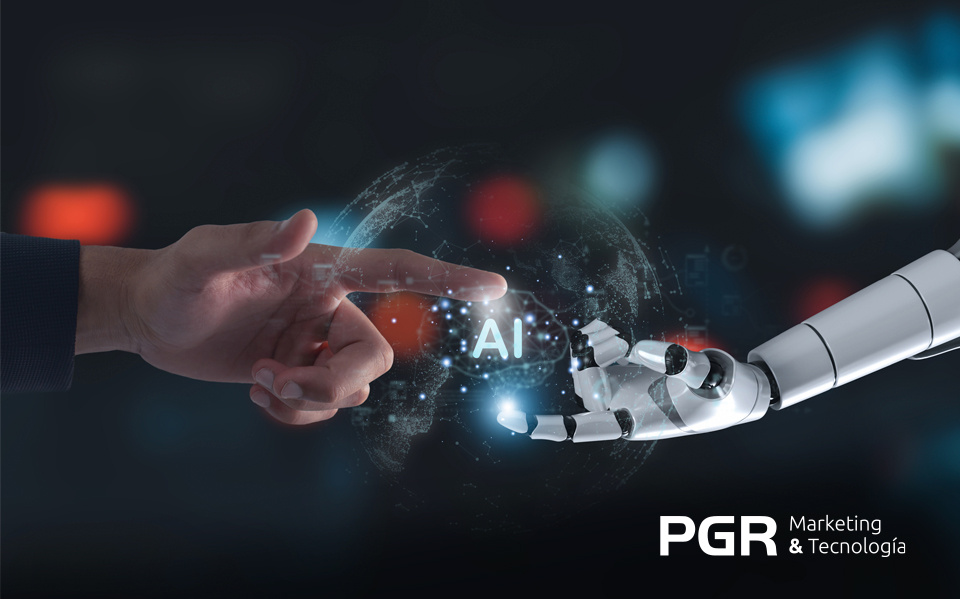The rapid advancement of Generative Artificial Intelligence (GAI) has brought with it a series of ethical and security issues, prompting companies such as OpenAI and Google to work towards its responsible development.
One of the most prominent issues is the potential for generative AI to produce false or misleading content, which could have serious consequences for misinformation and the manipulation of public opinion. Moreover, there are concerns about privacy and the misuse of personal data, as well as potential discrimination and bias in AI algorithms. These concerns have led AI leaders to implement ethical principles and governance programmes to ensure that AI is developed and used in an ethical and secure manner.
Google's commitment to responsible AI development
Google's commitment to the responsible use of artificial intelligence (AI) is reflected in the measures and precautions the company takes to ensure that AI is developed and used in an ethical and secure way.
Google's AI tools, which are used by billions of people daily, include Google Search, Google Maps, and Translate, among others. Acknowledging the importance of its responsibility, Google established its AI Principles in 2018, when AI became a priority for the company.
Since adopting these principles, Google has developed a comprehensive governance programme and an ethical review process for its AI technologies. Furthermore, Google publishes a detailed annual report on the governance of its AI tools, ensuring transparency and security throughout the process.
OpenAI's commitment to responsible AI development
OpenAI, the driving force behind ChatGPT with over 180 million active users, has issued a letter reaffirming its commitment to the responsible development of Generative Artificial Intelligence (GAI), aiming to ensure that it benefits all of humanity. The organisation prioritises preventing harm and undue concentrations of power, focusing on general well-being and minimising conflicts of interest through research and the promotion of safe GAI.
Aware of the risks of a competitive AI race, OpenAI is willing to collaborate with projects that share its safety values, especially if they develop GAI before it does. The organisation seeks to lead in areas aligned with its mission, recognising the wide-reaching impact of AI.
OpenAI is working to build a global community to address the challenges of GAI, committing to providing useful public goods and publishing its research, although safety concerns may influence how findings are shared. Its Safety Systems team ensures the safety and reliability of AI models, while the Superalignment and Preparedness teams tackle the alignment of superintelligence and the evaluation of advanced models to ensure the ethical and secure development of artificial intelligence.
However, the responsibility should not rest solely with Google or OpenAI. All players in the AI ecosystem, including developers, researchers, regulators, and tech companies, must collaborate to ensure that their technologies are developed responsibly. Every stakeholder must play an active role in ensuring that technology progresses safely and beneficially for society.
Do you want to harness the full potential of generative artificial intelligence for your business in an ethical and responsible way? At PGR Marketing & Technology, we guide you through the process, offering tailored solutions and innovative strategies to integrate GAI securely, effectively, and in alignment with your business goals.





